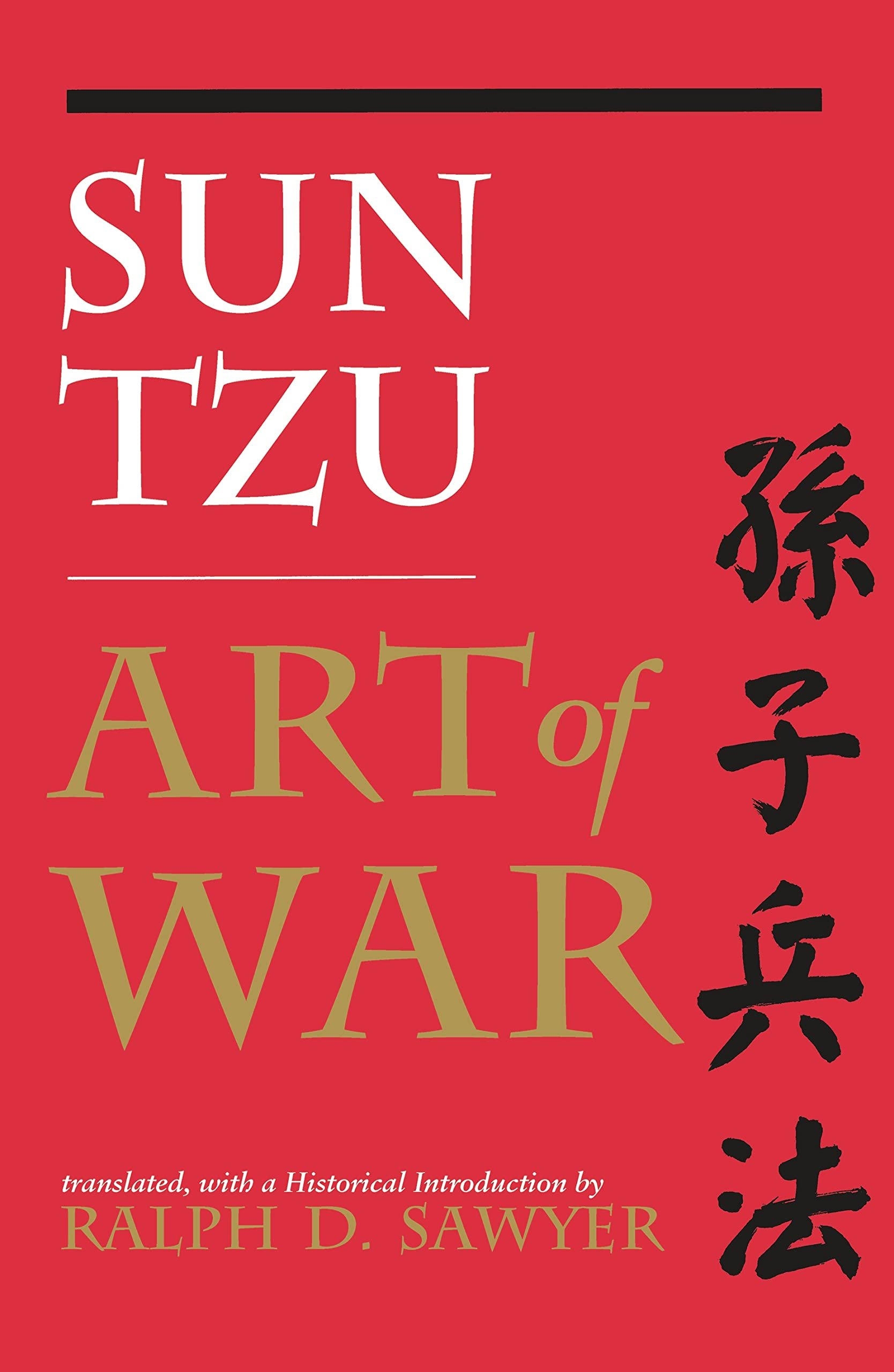The Art of War By Sun Tzu | Book Review
Overview
The Art of War is a timeless and classic work on strategy, written by Sun Tzu, a Chinese military general, strategist and philosopher. The book was written over 2,500 years ago, yet its teachings continue to be relevant in today's world, not only in military strategy, but also in politics, business, and even personal relationships.
The Art of War is a comprehensive guide to warfare, containing 13 chapters that cover various aspects of strategy, such as the use of spies, terrain, and timing. Each chapter is packed with insights and practical advice, designed to help leaders make effective decisions in the heat of battle.
One of the central themes of The Art of War is the importance of flexibility and adaptability in the face of changing circumstances. Sun Tzu argues that the most successful military leaders are those who can quickly adapt to changing conditions, rather than sticking rigidly to a preconceived plan. This is why he emphasizes the importance of understanding the enemy, and the need to constantly assess the situation on the ground.
Another key theme of The Art of War is the idea of "winning without fighting". Sun Tzu believed that the ultimate goal of any military campaign was to defeat the enemy without having to engage in direct combat. He believed that the most successful leaders were those who were able to find ways to exploit their enemy's weaknesses, rather than relying solely on brute force.
In business, The Art of War can be used as a guide to developing effective strategies and making sound decisions. For example, its teachings on the importance of flexibility and adaptability can be applied to the fast-paced and constantly changing world of commerce. Similarly, its emphasis on understanding the enemy and exploiting weaknesses can be applied to the cutthroat competition of the business world.
In conclusion, The Art of War is a timeless work that continues to inspire and inform leaders across a wide range of fields. Its teachings on strategy, flexibility, and adaptability have made it a classic in the annals of military and strategic thought, and its relevance continues to this day. Whether you are a military commander, a business leader, or just looking to improve your decision-making skills, The Art of War is an essential read.
Personal Thoughts | Highlights
I’ve actually read this book before and I felt it’s one of those books you don’t just read once. It’s such a quick read maybe less than an hour and a half max. The Art of War emphasizes the importance of flexibility and adaptability in strategy, understanding the enemy, and the idea of winning without fighting. It highlights the importance of preparation and understanding the situation, as well as the need to think creatively and outside the box. Here are a few quick highlights or takeaways:
Flexibility and adaptability: The Art of War emphasizes the importance of being flexible and adaptable in the face of changing circumstances. Sun Tzu believed that the most successful leaders are those who can quickly adjust their strategies to changing conditions. I felt this can be a strength in the majority of situations.
Understanding the enemy: The book stresses the importance of understanding the enemy and their strengths and weaknesses.
Winning without fighting: Sun Tzu believed that the ultimate goal of any military campaign was to defeat the enemy without having to engage in direct combat. He encouraged leaders to find ways to exploit their enemy's weaknesses rather than relying solely on brute force.
Preparation and understanding the situation: The Art of War stresses the importance of careful preparation and a thorough understanding of the situation. Sun Tzu believed that leaders should assess the terrain, understand their own strengths and weaknesses, and be prepared for any eventuality.
Creative thinking: The book encourages leaders to think creatively and outside the box. Sun Tzu believed that the most effective strategies are often unconventional and that the most successful leaders are willing to take risks and try new things.
Discipline and organization: Sun Tzu believed that a well-organized and disciplined army was the key to victory, and that the same principles apply to any organization, whether it be a military unit, a business, or a sports team.
Timing: Sun Tzu believed that timing was critical in military strategy, and that the best leaders were those who could choose the right moment to act. He encouraged leaders to carefully consider the timing of their actions and to make decisions based on the most favorable conditions.1.

